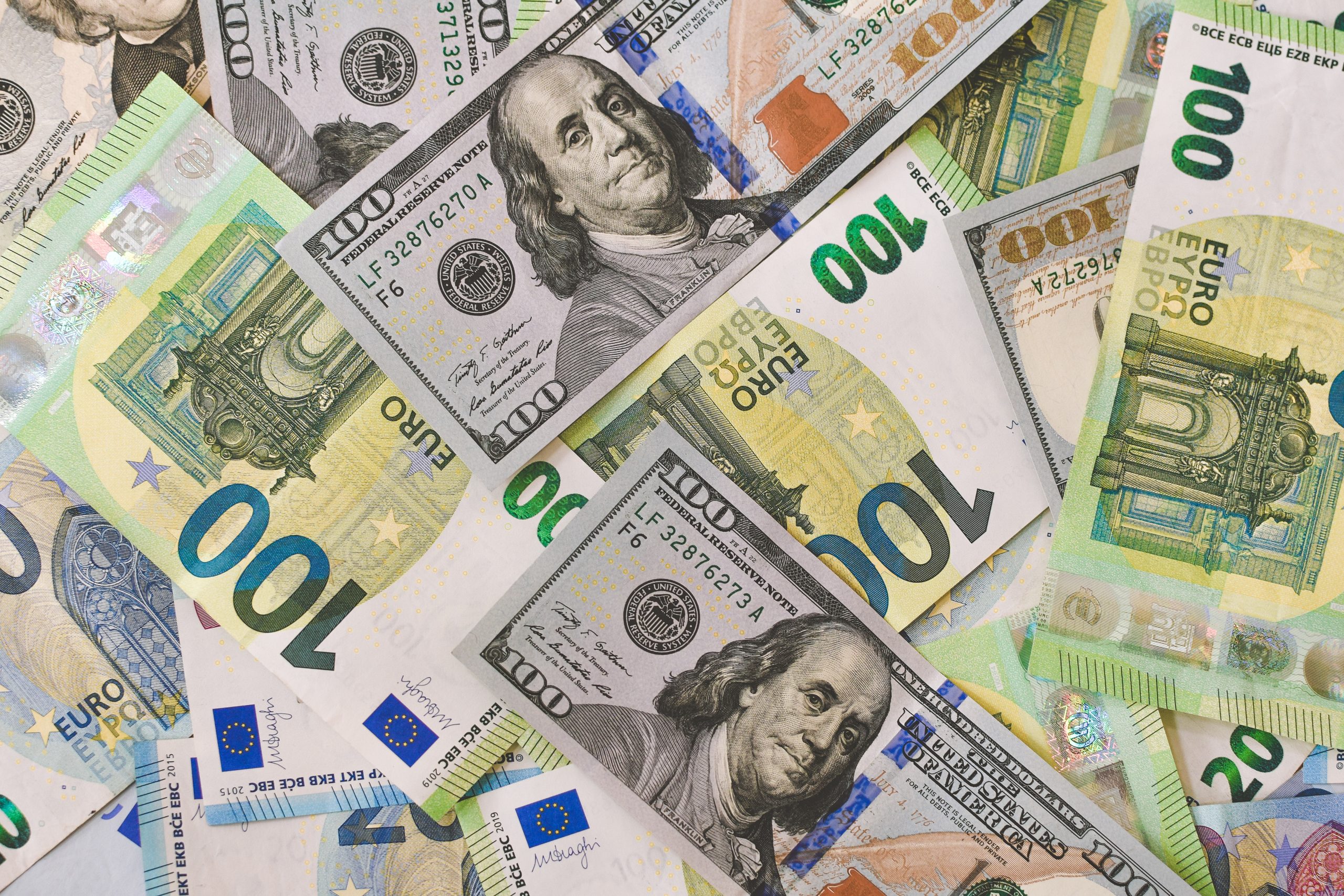The United States hasn’t been shy about demanding records into tax and financial practices of multinational banks and corporations in the name of tax fairness. In fact, the attempts to gain records, which have been characterized as heavy-handed (or, a little economic pressure among friends, depending on who’s doing the talking) have made news for years. The U.S. has tackled banks like UBS, Deutsche Bank, and Credit Suisse and pressured Luxembourg and Switzerland into turning over individual taxpayer names and account information, hanging their hat on transparency.
But maybe those tides are turning.
On Wednesday, the European Commission announced that it would be formally investigating the tax structures and practices of a handful of U.S. companies. Specifically, the investigations are focusing on the behaviors of three specific corporations in very targeted destinations: Apple (Ireland), Fiat Finance and Trade (Luxembourg), and Starbucks (Netherlands).
Of course, these transactions aren’t news. Apple, for example, has long admitted to lowering its tax rate by channeling funds (65% of its global income) to an Irish subsidiary, saying about the transaction, “Apple has conducted all of its business with the highest of ethical standards.” In 2012, the BBC went so far as to say that “It has not been suggested that any of their tax avoidance schemes are illegal.” The nature of the current probe suggests that not everyone believes that to be true.
In fact, the decision to scrutinize the transaction (along with that of Fiat and Starbucks) to see whether any of the tax breaks offered to those companies were improper is a first for the European Union. It’s clearly intended as a warning shot to other corporations – and countries – that tax avoidance in the EU will not be tolerated.
It will be an uphill battle. Realistically, in a global market, countries are competing for corporate dollars – even if they have to offer extraordinary assistance to make that happen. Ireland, in particular, has indicated that it is opposed to the investigation, claiming that Apple “received no selective treatment from Irish officials.”
Starbucks has indicated that it, too, had done nothing wrong. It is noteworthy, however, that similar allegations against Starbucks in 2012 resulted in the company admitting that it shifted royalty and other intellectual property income from Britain and Ireland to the tax-favored Netherlands. The coffee retailer eventually announced would pay more in tax than it “has” to in order to appease angry consumers.
Fiat has not yet offered public comment.
At the center of the controversy in all three transactions is the issue of transfer-pricing arrangements. Here’s how the concept works: A parent company may set up a number of subsidiary companies all over the world and move goods, services, and assets from one country to another. Those transactions are supposed to be “arm’s length” meaning that the goods, services, and assets are transferred for the same price as they would have between unrelated parties. That’s an important distinction because parent companies and subsidiaries are typically separate legal and tax entities – meaning that it’s not really the same bucket of money.
In real life, however, transactions are structured in order to shift profits from high tax countries (like France) to low tax countries (like Ireland) to cut their tax bills. If a company can shift enough goods and services around without paying tax on the transfer, it can, in some circumstances avoid taxation altogether by redirecting profits to countries with little to no tax payable. The result is a series of low tax or no tax transactions meant to avoid tax – as opposed to bona fide business transactions which have as their result, little to no tax payable (see the difference?).
One of the most popular versions of this arrangement is the “Double Irish and Dutch Sandwich” (find out more about it here) which has long frustrated taxing authorities around the world. It’s no coincidence, then, that two of the three countries targeted inside the European investigation are Ireland and the Netherlands.
Even if the transactions are found to be legal – which, it should be again clarified that Apple, Starbucks, and Fiat maintain to be the case – it may be that they are in violation of EU rules. Under the rules, companies must charge fair rates: breaking those rules could result in a big payback from Apple, Starbucks, and Fiat.
If that happens, that could mean bad news for member countries involved in the transactions. In a fragile economy, it could lead to significant changes in the way that countries woo companies to do business. That is, of course, the hope of EU officials.
Some member states – like Ireland, Netherlands, and Luxembourg – may not agree with or like the charges or the investigation. Others, like the UK, may consider it intrusive. But in an era where British Prime Minister David Cameron has declared that the “three Ts, taxes, transparency, and trade,” would be priorities, it’s hard to back down from public allegations that companies aren’t paying their fair share.
Independent of the EU commission, many countries are moving ahead with their own investigations into transfer pricing and tax evasion schemes. Italian courts have recently found Dolce and Gabbana guilty of tax evasion, ordering massive fines and prison time: the country currently has Prada in its crosshairs. The French have ordered audits of McDonald’s as well as investigations into Apple and Facebook; in 2014, Google was slapped with tax assessment from the French tax authorities said to be between €500 million and €1 billion ($693 million – $1.3 billion U.S.).
For years, these country-specific investigations have resulted in little more than a “nothing to see here” wave from the individual country’s investor relations. This latest move, however, carries more bite. We actually do expect to see a little more, especially as countries grapple with closing budget holes. Joaquín Almunia, vice president in charge of competition policy for the European Commission, emphasized this point, saying: “In the current context of tight public budgets, it is particularly important that large multinationals pay their fair share of taxes.”
I think most everyone agrees on that point. The more difficult question is “What’s fair?”



